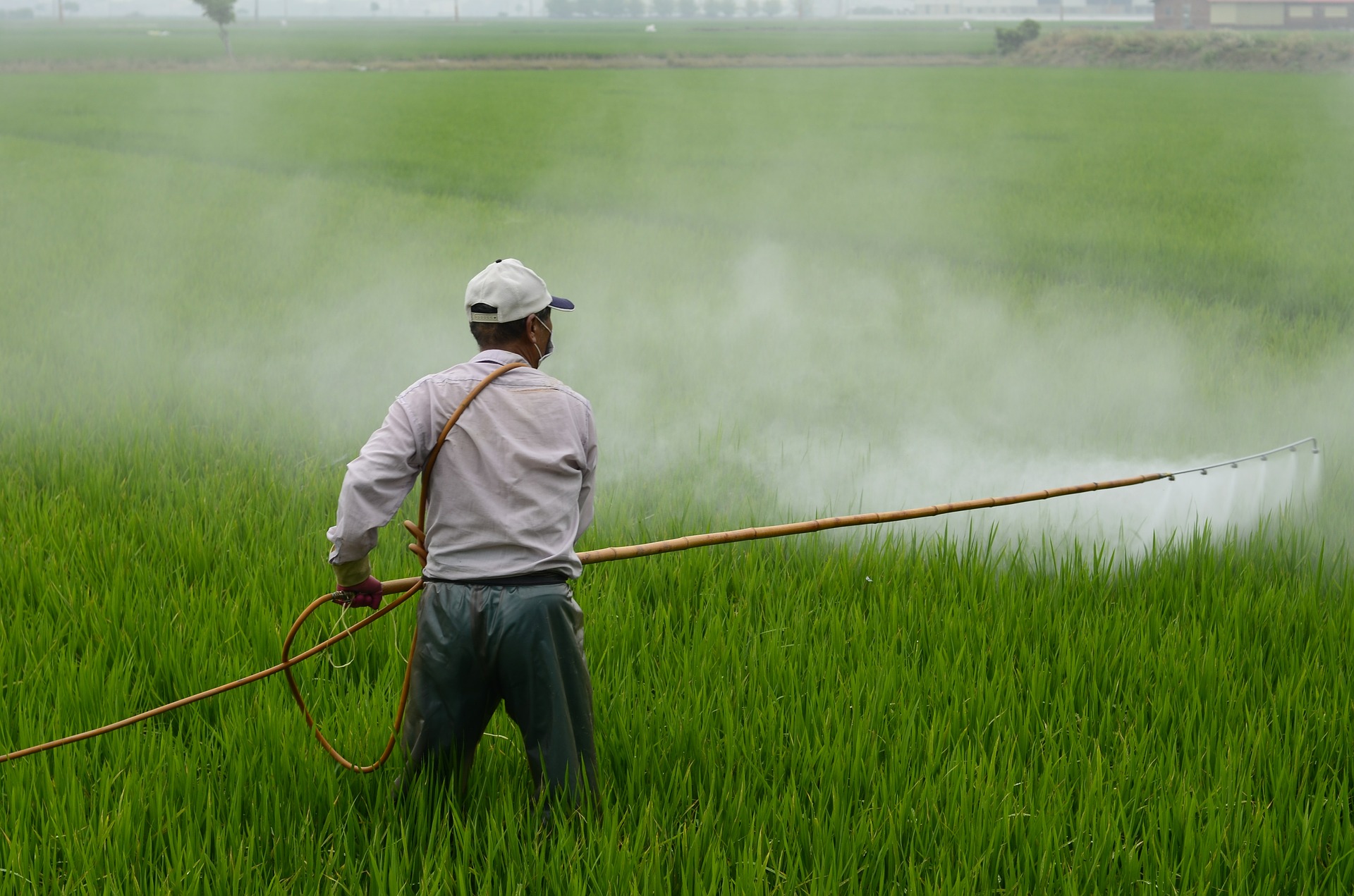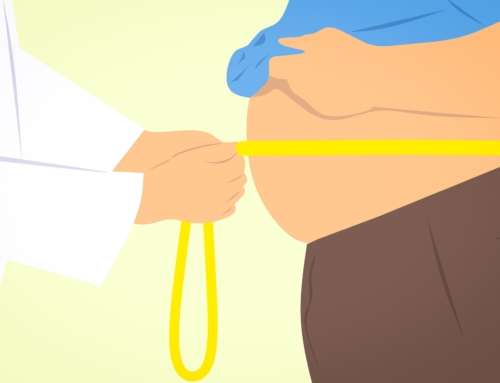Glyphosate is one of the key ingredients in herbicides including Round Up. Monsanto, the maker of Round Up was recently sued and has had multi-million dollar verdicts awarded to the people involved. One lawsuit awarded $55 million in compensatory damages in addition to $1 billion dollars each in punitive damages. Another one $80 million and yet another one was $289 million. All of these for people who got cancer as a result of continued Round up exposure. There are approximately 8,700 similar cases pending (another article report 10,000). There is a reason for all of this…..
Glyphosate is the most common herbicide used world wide. More than 200 million pounds of glyphosate is dumped onto our soil (crops) each year. Several crops including corn, sugar beets, wheat and many more may actually receive 1,000,000 pounds throughout a single year!
Studies on the toxicity of this product are truly all over the place. Industry sponsored studies show zero toxicity but there are other studies that suggest otherwise. Many concerns raise the question that perhaps damage is incremental and takes a longer time that being studied to appear. A recent study reported problems with continued glyphosate exposure not in the animal eating it, not in their offspring but in the second and third generation offspring who had never eaten it. Yikes! Safety levels are based on old outdated research and we are starting to learn that it lasts a lot longer in the soil than previously thought.
The other problem I see with the studies is that we are underestimating our exposure to these products. Glyphosate is one of the most common pesticides in the world. We are not only getting a significant daily exposure but a very large lifetime risk of accumulation. In addition, there are limited studies looking at the combinations of these products with other ingredients. A study with Cornell University, found that Round up’s surfactant used in conjunction with glyphosate was more toxic to fish than other products using glyphosate alone. Lawyers that are suing Monsato reportedly have many studies and evidence that demonstrates toxicity beyond what has been revealed before.
Even with all of the study issues, research does suggest that glyphosate causes a form of cancer called non-hodgkin’s lymphoma but has also been linked to many other cancers including brain, breast, as well as others. The National Agency for research on Cancer found it to be a “probable” cause of cancer in humans and California’s state environmental protection agency also declared it as a probable carcinogen.
Florida is looking at studies to see if glyphosate might be responsible for the toxic algae bloom they are experiencing. If exposed to this algae it kills pets and wildlife and is thought to be related to neurodegenerative disorders like Parkinson’s and Alzheimer’s. Recently, Fort Myers, Florida banned the use of glyphosate near the beach and is doing a public outreach campaign to encourage the town to do the same.
In 2002, the US Geological Survey of 9 midwestern states found glyphosate in 36% of streams and AMPA (a byproduct of the breakdown of glyphosate) in 69% of the stream samples. Usage of glyphosate containing products has exponentially increased since then.
Bottom line, there are enough reports and studies linking the use of this chemical with killing our bees, fish, animals that we really need to be waking up and wondering why this is the number one pesticide for our food on the market!
These are some other areas that have been suggested to have links to high glyphosate exposure:
- ADHD
- Thyroid hormone issues
- Alzheimers
- Birth defects
- Cancer: lymphoma, breast cancer, brain cancer
- Kidney disease
- Inflammatory bowel disease, celiac
- Parkinson’s
- And the list goes on….
Glyphosate can be found in many of our foods especially vegetable oil, corn, soy, beets and beet sugar, grapes, oranges, almonds……. and the list continues. The whole GMO (genetically modified) movement was geared to engineering plants to be able to tolerate more pesticide (especially round up) and make them more bug resistant. It just makes sense that the pesticide levels of our food are higher as a result. We are what we eat… a study in California showed an increase of glyphosate in urine of people screened by 500% in the last 10-15 years.
Let’s use common sense, why would you want high levels of anything in your body that is felt to be linked to numerous medical issues?
So, what do we do? READ ON…
- Decrease your own personal usage of glyphosate containing products and use precautions if you do use them. Wash thoroughly after usage and wear protective covering if you have to use it.
- Buy organic products as much as possible. GMO foods have high pesticides on them. Check out Environmental Working Group lists called the Dirty Dozen and Clean Fifteen giving you guidelines on which foods you really should buy organic and which ones you can buy non-organic.
- Allow your veggies to sit in vinegar water for 20-30 minutes before cooking/eating them. This isn’t perfect because pesticides cling to the veggies but better than nothing.
- Filter your water. Nanofiltration, reverse osmosis, ozonation, and activated charcoal are some of the methods that report generally good removal of glyphosate.
- Test your water for glyphosate (we can do that, just call us)
What if you think you have had a large exposure or wonder if glyphosate can be a cause of some of your health issues? Measure it!!
We can now test for glyphosate in urine samples as well as water samples. If you have had a significant exposure in the past or are worried about your water supply then give us a call and let’s get you or your water tested!
Treatment for glyphosate
If you have been identified with high glyphosate levels then we put together a program to help your body detox this as much as possible. We have a special product that has been shown to do a better job removing glyphosate than traditional chelation type protocols.
Stay tuned because I am sure there will be mountains of information coming out about glyphosate in the future!
To your health,
Laura









